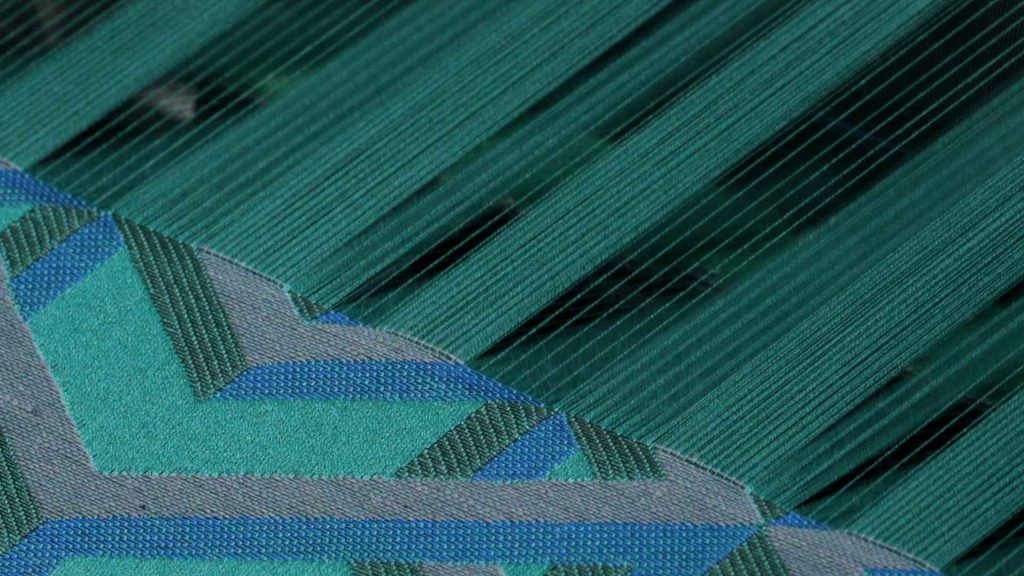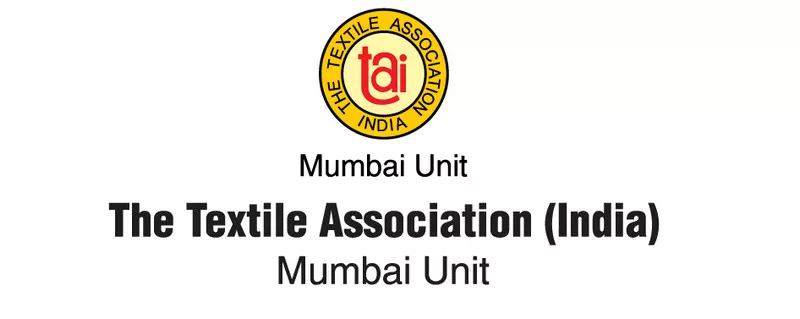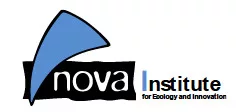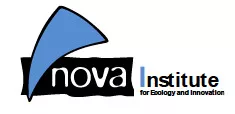In a context of gradual improvement which began in June, first-half results were strongly penalised by store closings. At the end of June, revenues were down -24% at current exchange rates and -25% at constant exchange rates, recurring operating profitability reached 21.5% of sales.
Paris, 30 July 2020
The first half of 2020 was marked by an unprecedented health and economic crisis in scale, duration and geographic extent. As expected, the pandemic intensified in the second quarter in Europe, America and again in certain Asian countries, leading to the temporary closure of the stores in compliance with the various governmental directives, and the stoppage of the production sites in France and Europe to protect all the employees.
The group’s consolidated revenue in the first half of 2020 amounted to €2,488 million, down -24% at current exchange rates and -25% at constant exchange rates. Sales trends in the second quarter (-41% at current exchange rates and -42% at constant exchange rates) reflect the impacts of the health crisis on the network. Recurring operating income amounted to €535 million (21.5% of sales) at the end of June. Net income reached €335 million (13.5% of sales).
Executive Chairman of Hermès, Axel Dumas, said: “This unprecedented crisis, which began at the start of the year and is still ongoing, allows us to test our business model’s strength. True to its values, the group has preserved jobs and maintained the basic salaries of its employees worldwide without having recourse to the exceptional governmental subsidies provided in various countries. I am proud of the teams’ dedication, and the courage, commitment and generosity they have shown. I want to thank them. The loyal clients, desirable collections, agile omnichannel network and independence of the group are the pillars that give us confidence in the future and will support our recovery.”
Sales by geographical area at the end of June (at constant exchange rates unless otherwise indicated)
In the first half 2020, all the geographical areas were impacted by the health crisis and stores’ closure. The revenue generated in the group’s stores was down -22% at constant exchange rates, they are gradually recovering.
- In Asia excluding Japan (-9%), all stores reopened in Mainland China in March, and sales are growing strongly, while activity in Hong Kong and Macao remains down due to border control measures. Several countries in the region experienced a second wave of store closures, including Singapore until mid-June, Australia and Thailand. A new flagship store opened in Sydney in June, and the stores in Guangzhou in Mainland China and Bellavita in Taiwan successfully reopened in April and May after expansion. The rollout of the new digital platform in Asia continued in Hong Kong and Macau in February and in Korea in June, in a context of very strong growth in e-commerce sales.
- In Japan (-23%), following the Japanese government’s announcement of a state of emergency, most stores were closed in April and May for about 6 weeks. The recovery is particularly dynamic thanks to the loyalty of local customers. Sales were especially strong on the new hermes.jp platform.
- America (-42%) was affected by total store closings for more than 10 weeks in the United States, as the other countries in the region, with a very gradual recovery at the end of June. The Montreal store, enlarged and renovated, reopened in June.
- Europe excluding France (-36%) and France (-38%) have been strongly affected by the reduction in tourist flows. After the closure of the entire European network for an average of 9 weeks, stores gradually reopened in Germany late April, in France mid-May, in Italy and Spain late May and in the United Kingdom mid-June.
 Sales by business line at the end of June (at constant exchange rates unless otherwise indicated)
Sales by business line at the end of June (at constant exchange rates unless otherwise indicated)
Leather Goods and Saddlery posted a decrease (-23%) due to the closure of stores in the various geographic areas. Hermès closed its production sites in France mid-March to protect employees for four weeks and reopened gradually, except for the Hermès Perfumes site in Le Vaudreuil which began producing hydro-alcoholic gel. Investments in production capacity have been maintained, with the continuation of the Guyenne and Montereau leather workshops, and the projects in Louviers and in the Ardennes. Hermès continues to strengthen its local integration in France.
The Group’s other business lines were also strongly impacted by store closures in the second quarter, after an excellent month of January which had benefited from the favorable dynamics of the Chinese New Year. The Ready-to-wear and Accessories (-29%) and Silk and Textiles (-39%) business lines were further penalized by the traffic declines.
Perfumes were down (-29%), despite the very successful launch of the Beauty line with the first lipstick collection early February, as were Watches (-19%). The other Hermès business lines (-4%) have held up particularly well thanks to Jewellery and Home universe.
Impact of the health and economic crisis on results in the first half
- Attached to its commitment as a responsible employer, Hermès saw its operating profitability impacted by strong vertical integration and the weight of fixed costs, consisting mainly of payroll and amortisation of investments and leases.
- Recurring operating income reached €535 million compared €1,144 million in the first half of 2019, and the recurring operating margin amounted to 21.5% compared to 34.8%.
- Consolidated net profit (Group share) was €335 million versus €754 million at the end of June 2019.
- Operating investments (€162 million) reflected the decision to pursue the group’s strategic projects.
- The restated net cash position amounted to €3,922 million compared to €4,562 million as of December 31, 2019. The decrease results mainly from the payment of the ordinary dividend (€474 million) and share buybacks.
Workforce
The Hermès group increased its workforce by almost 300 people, mainly in production. At the end of June 2020, the group employed 15,698 people, including 9,773 in France.
Covid-19 crisis – Support and responsibility at Hermès
As announced on 30 March, Hermès’ economic and financial solidity enables the Group to weather this unprecedented health crisis. Thanks to an adequate cash position, true to its humanist culture and its commitments as a responsible employer, the group continued its operating investments, controlled its costs, while maintaining the basic salaries of its employees and supporting its suppliers.
Hermès has donated €20 million to AP-HP (Assistance Publique – Hôpitaux de Paris). This contribution bolsters the donations of 50 tons of hand sanitizer produced by the Perfumes site in Le Vaudreuil, and that of more than 120,000 masks. The General Shareholders’ Meeting approved in April 2020 the payment of a dividend reduced from €5.00 to €4.55 per share, an amount identical to that paid in 2019. Finally, the executive chairmen have decided to waive the increases in their fixed compensation paid in 2020 and their variable compensation awarded in 2020 for 2019 and will therefore receive in 2020 a total amount of compensation identical to that received in 2019.
Highlights and post-closing events
In the first half of the year, Hermès International redeemed 167,769 shares for €123 million, excluding transactions completed within the framework of the liquidity contract. In July, as part of the strengthening of its vertical integration strategy, Hermès acquired 100% of J3L, specialising in metal parts dedicated to leather goods and fashion accessories. Hermès previously held a 30% stake in the capital of the group’s long-standing supplier. This transaction, authorised by French competition authorities, will have no significant impact on the accounts.
Hermès | Men’s Spring-Summer 2021 live performance streamed live on 5 Jul 2020
Outlook
As of the date of this press release, almost all of the group’s stores have reopened, in compliance with strict sanitary measures, even if the recovery in activity remains gradual in several countries. The group is particularly pleased to welcome its customers, loyal to the Saddler’s spirit.
For 2020, the impacts of the Covid-19 pandemic remain difficult to assess today due to the developments that are continuing in the various geographic areas. The craftsmanship model implemented mostly in France, the balanced distribution network and the local customer base are all factors that contribute to the company’s resilience. The group remains highly involved and mobilised by adapting its systems to protect all its employees and customers. Thanks to its unique business model, Hermès is pursuing its long-term development strategy based on creativity, maintaining control over know-how and singular communication.
 With pride in its artisanal model, in 2020 Hermès pays tribute to the extraordinary tool that is the hand, as well as to the ingenuity that drives everyone of the house’s craftsmen and women. For it is this combination that characterises the innovative spirit of Hermès, its commitment to Innovation in the making. In the medium term, despite growing economic, geopolitical and monetary uncertainties around the world, the Group confirms an ambitious goal for revenue growth at constant exchange rates.
With pride in its artisanal model, in 2020 Hermès pays tribute to the extraordinary tool that is the hand, as well as to the ingenuity that drives everyone of the house’s craftsmen and women. For it is this combination that characterises the innovative spirit of Hermès, its commitment to Innovation in the making. In the medium term, despite growing economic, geopolitical and monetary uncertainties around the world, the Group confirms an ambitious goal for revenue growth at constant exchange rates.






